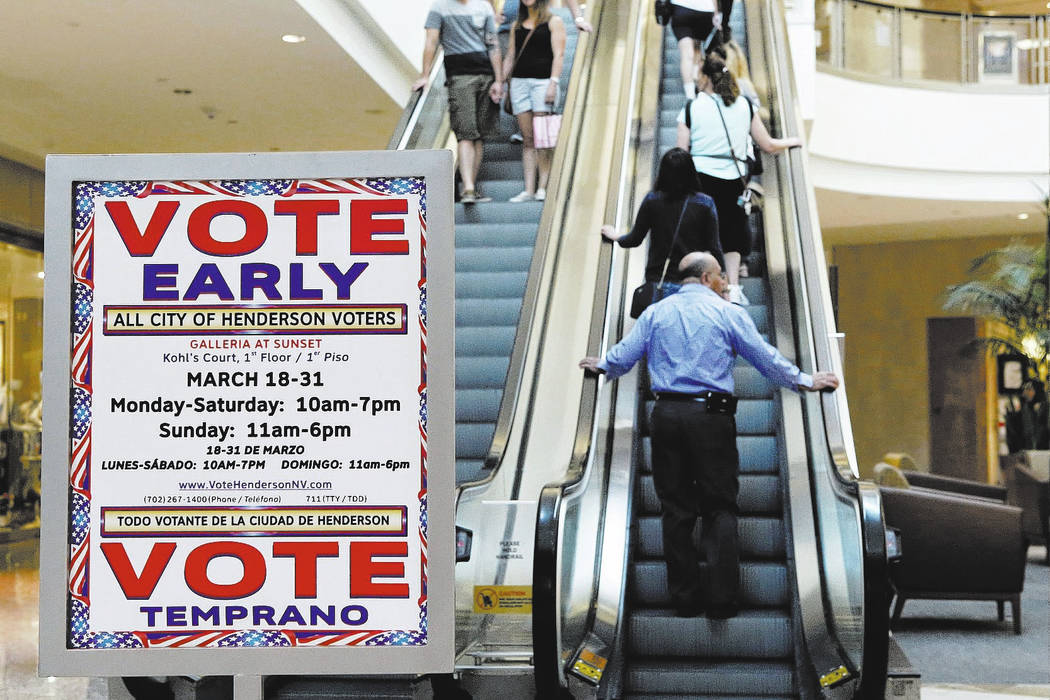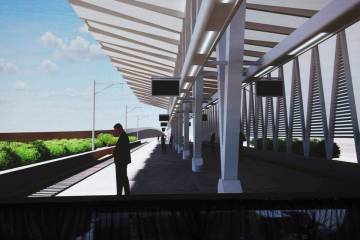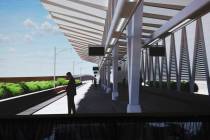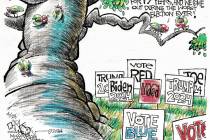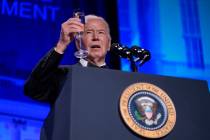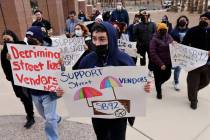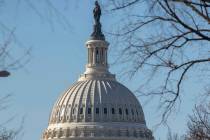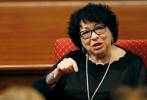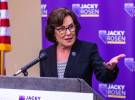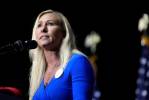COMMENTARY: Latino voters are making the Democrats sweat in places such as Nevada
Democrats see their fortunes rising with constituencies they’ll need to run up big victories in the midterm elections. They expect to do especially well with suburban women, even non-college-educated women, and are optimistic about millennials and a decent turnout by African-Americans.
They’re concerned, however, about Latinos, especially men. Latinos are likely to vote Democratic, but the issue is whether they’ll turn out in sufficient numbers for Democrats to win key races.
That vote will be critical in the uphill battle to win control of the Senate. Of the 10 states with the most competitive Senate races, four — Florida, Texas, Arizona and Nevada — have sizable but quite different Hispanic populations. There’s a large Cuban-American community in Florida that has tended to favor Republicans, while Democratic-leaning unions play a bigger role with Nevada’s Latino voters, who are mostly of Mexican descent.
In California, a half-dozen Republican House seats are under challenge. In three of these districts — in the Central Valley, San Fernando Valley and Fullerton — Latinos comprise about a quarter of the voting-age population, a concern to Republicans. Around the country there are a few other districts — such as one in Colorado and another in the suburbs of Chicago — where a smaller Latino vote could nonetheless be decisive. In 2016, Hillary Clinton carried all these GOP-held districts.
To be sure, there are heavily Latino districts where incumbent Republicans are faring well. These include San Antonio and Miami.
Clinton won two-thirds of the Latino vote nationally in 2016, exit polls showed, and Trump’s attacks on immigrants keep him strikingly unpopular with this constituency, according to many polls, including a September survey of Latino voters by Hart Research Associates.
Nearly two-thirds of respondents to that poll said they disapproved of Trump’s presidency. But Republicans hope the strong economy will keep more Latino voters in their corner on Nov. 6, and they are also appealing to the cultural conservatives among them.
“Latinos align with Republicans on some issues,” said Barbara Carvalho, director of the Marist Poll. “But the Trump brand causes such problems for them.”
There is no more intense battle than the Senate race in Florida, where Sen. Bill Nelson, the Democratic incumbent, faces a strong challenge from Republican Gov. Rick Scott. Republicans were cheered last week by an AARP-Univision poll showing Scott with a large lead among older Latinos.
Democrats countered with other surveys suggesting that Nelson, after an onslaught of negative ads against him, has bounced back into a narrow lead.
In Texas, Latinos are central in Democratic Rep. Beto O’Rourke’s campaign to upset the incumbent Republican, Sen. Ted Cruz. Most polls show the candidates nearly neck and neck as O’Rourke travels back roads campaigning in each of the state’s 254 counties.
Democratic strategists said it’s a challenge for any new candidate such as O’Rourke to introduce himself to constituencies with a history of low voter participation. “It takes time for new candidates to break through, and we are investing record amounts in outreach,” said Dan Sena, executive director of the Democratic Congressional Campaign Committee. “There will be very few Hispanics in the country who won’t get multiple messages.”
Albert R. Hunt is a Bloomberg Opinion columnist covering politics and policy.



